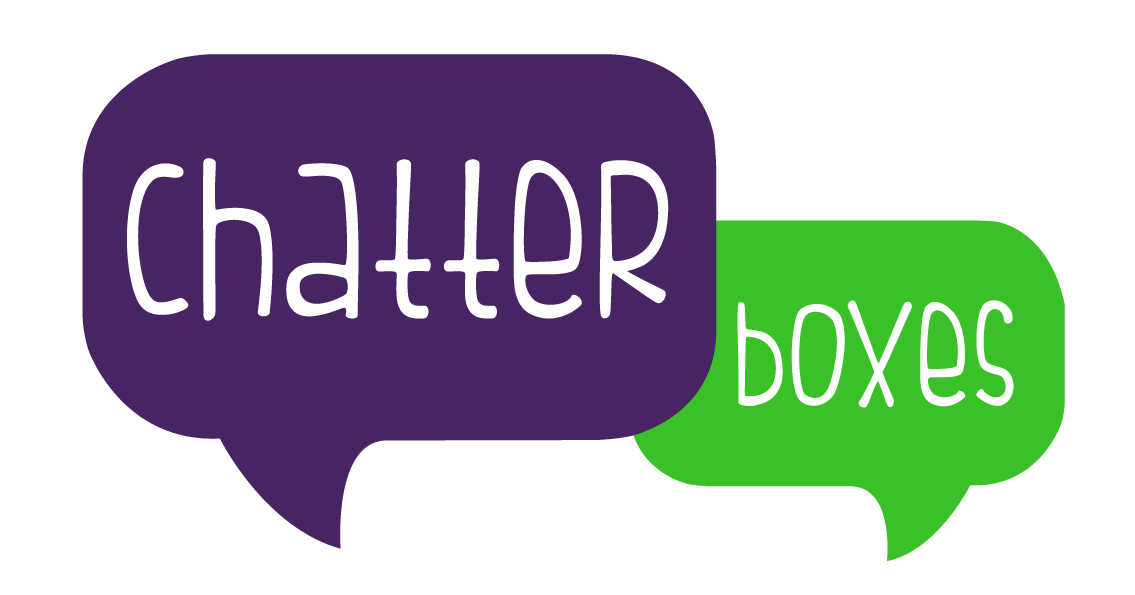One area of language that Speech and Language Therapists can work on is a child’s verbal reasoning skills. This can include skills such as predicting, inferencing, problem-solving and comprehension. Most children develop these skills with ease, but some children will need extra support, particularly those who have language difficulties.
Verbal reasoning skills are so important in learning and can be one of the biggest barriers to a child succeeding in the classroom. Dr Marion Blank, a renowned psychologist, has developed a questioning framework that helps develop these skills. There are four levels of questioning which move from simple, concrete questions to more difficult, abstract questions (Blank, 2000).
Blanks Levels of Questions- Level 1: Matching Perception
- Focus is on objects in the immediate environment and requires concrete thinking. Understanding of these questions develops at approximately 3 years of age.
- Level 1 question examples: • Find one like this. (Matching objects) • What can you hear? • What did you touch? • What is this? (Pointing to object) • Who is this? (Pointing to person) • What is ______ doing? • Say this “___” (Imitation) • What did you see? (Remembering items in books)
Blanks Levels of Questions- Level 2: Selective Analysis of Perception
- Focus is on less obvious features of objects such as function and description. Understanding of these questions develops at approximately 4 years of age.
- Level 2 question examples: • What happened? • Who/what/where is ____? (Remembering information) • Describe characteristics of objects: o E.g. What size/shape/colour is it? How does it taste/smell/feel? • Identifying object functions: o E.g. Show me the one we use for _______. • How are these different? • Tell me something that is a type of _______. (Naming object from category)
Blank Levels of Questions- Level 3: Reordering Perception
- Answers require the listener to use their own knowledge. This can include making basic predictions or generalisations. Understanding of these questions develops at approximately 4.5 years of age.
- Level 3 question examples: • What will happen next? • What is a ________? (Definition) • Find one to use with this. • Find the things that are not _______. • What could he say? (Assuming the role of another person) • How are these the same? (Identifying similarities)
Blank Levels of Questions- Level 4: Reasoning about Perception
- Answers require the listener to use reasoning and draw on past experiences. This can include problem-solving and providing explanations. Understanding of these questions develops at approximately 5 years of age.
- Level 4 question examples: • What will happen if ____? (Predicting) • Why did ______? (Justifying cause of event) • What could ____ do/use? (Solution) • Why could ______ do that/use that? (Explaining means to goal) • Why can’t we ______? (Explaining obstacle to solution) • How can we tell ______? (Explaining observation) • Why is ______ made of _______? (Explaining construction of objects)
How can I use this in the classroom?
The curriculum regularly requires children to use these skills in their learning however they are not explicitly taught. Start by asking children level 1 questions and move up the framework. When they begin to have difficulty answering questions at a certain level, this will be a suitable starting point for them. If your class are struggling with a skill, for example predicting, they will benefit from being taught this explicitly.
To do this, use a familiar, ‘easy’ scenario (for example if they see someone push another child) rather than one from your topic of learning. You are teaching the skill, not working on the comprehension. Then encourage them to remember when they were in that scenario themselves- what happened then? Question if they think the same would happen in your scenario. You can do this verbally to begin with and then slowly move on to less familiar scenarios, bringing it into written work. Continue to encourage them to put themselves in that scenario. Once the children have been taught how to predict, they should be able to apply this knowledge to their learning and everyday lives.
Other ways you can support development of these skills are…
- Give children sentence starters that will cue the children into the correct answer format e.g. ‘I know _______ because I can see _______’
- Aim questions that you ask at the Blanks level the child is working at
- Break down questions to a lower Blanks level if you notice that they are finding a particular question difficult
- Focus on important features in the question (for example if you’ve asked how two animals are the same, draw their attention to similarities)
- Relate known to unknown by relating answers back to student’s previous experiences (e.g. ‘Remember when we went to the farm on our trip? Which animals did we see there?)
- Provide models of how to answer these questions appropriately by verbalising your thought process when answering these.
- Reinforce that these questions can have lots of correct answers
For more information on Blanks levels, check out Our Resources page.
References
Blank, M. (2002). Classroom discourse: A key to literacy. In K. Butler & E. Silliman (Eds.), Speaking, reading and writing in children with learning disabilities: New paradigms in research and practice (pp. 151-173). Malwah, NJ: Erlbaum.
Blank, M., Rose, S. A. & Berlin, L. J. (1978) The Language of Learning: The Preschool Years. Orlando:
Grune & Stratton, Inc.
